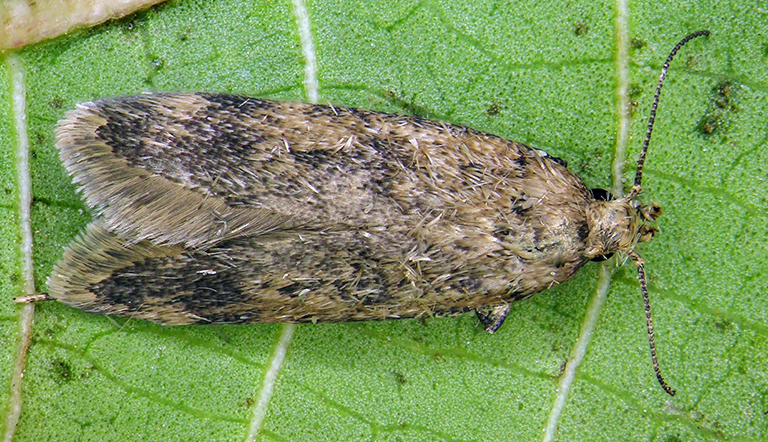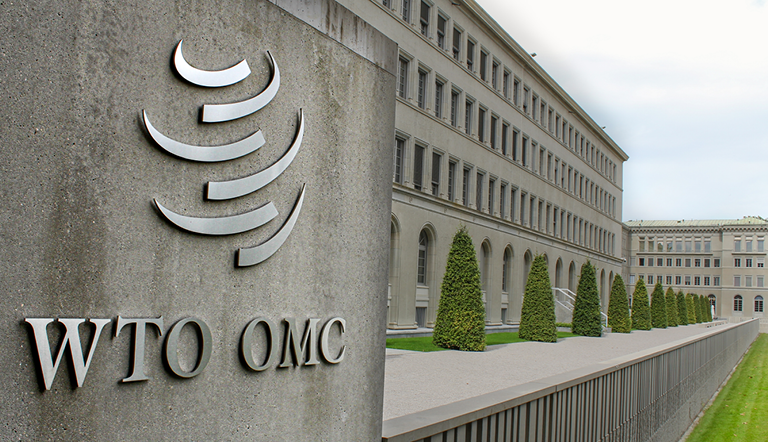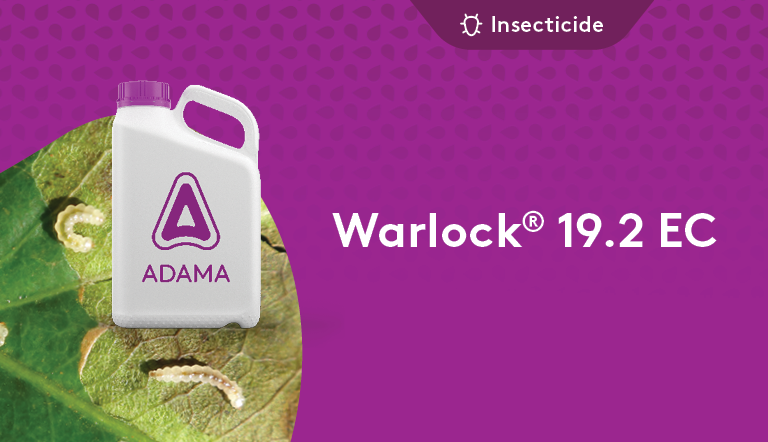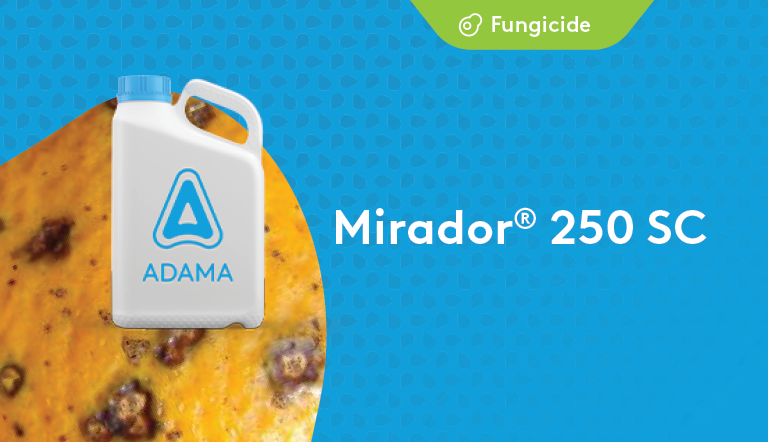
The EU’s new regulations for citrus exports from South Africa

On 21 June 2022, the EU announced that by 14 July imports of oranges from South Africa had to be subjected to extreme cold treatment and kept at temperatures of two degrees Celsius or less for 25 days before exportation, under recently revised and adopted regulations by the European Commission (Annex VII to Implementing Regulation (EU) 2019/2072).
Around 3.2 million cartons were already at sea and heading towards Europe and as a result, fruit worth an estimated R500-million was blockaded due to the sudden imposition.
Fortunately an agreement was reached to clear the “floating containers” but 100s of containers had to be destroyed, according to CEO of the Citrus Growers Association Justin Chadwick.
Deon Joubert, envoy for the South African Citrus Growers Association to the EU said that the move had cost citrus exporters around R200-million “in terms of storage and transport costs and opportunity costs” and that he expected that figure to rise by another R180-million.
“In our view, which is based on decades of engaging with EU regulations, and food exports more generally, the regulations are unjust and punitive … At a minimum, transition measures are required. This is done to give countries time to adapt,” wrote Simon Roberts, Professor of Economics and Lead Researcher, Centre for Competition, Regulation and Economic Development, UJ, University of Johannesburg, Antonio Andreoni, Professor of Development Economics, Department of Economics, SOAS University of London and Visiting Associate Professor, SARChI Industrial Development, University of Johannesburg, and Singie Chisoro, a senior researcher at the University of Johannesburg.
The moth at the centre of the flame

The focus of the EU’s concern has been the spread of false codling moth (Thaumatotibia leucotreta), a species endemic to Sub-Saharan Africa. Eggs laid on citrus fruit hatch into larvae that then eat their way into the fruit. The fruit is susceptible to such attacks from 15 mm in diameter right through to harvest. False codling moth therefore has phytosanitary status for most overseas markets and there is zero tolerance for any fruit infested with live larvae.
To meet the phytosanitary regulations imposed then, South Africa instituted an integrated field-to-shipment pest-management systems approach consisting of three measures with numerous components within these measures and a prolonged period of crop protection, which required significant investment. This "Citrus Systems Approach" has proved highly effective, as shown by the results of papers published and reviewed in international scientific journals.
While certain markets did require postharvest disinfestation treatment, the European Union, until mid 2022, had accepted South Africa’s systems approach.
In early September 2022, Spain’s Citrus Management Committee (CGC) called for the European Commission to investigate South Africa’s failure to comply with rules and to “enforce without further delay for the remainder of the season EU regulations to protect the European citrus industry from the arrival false codling moth”.
SA hits back…

South Africa initiated a dispute at the World Trade Organisation concerning the European Union's regulation, specifically concerning the forced-air precooling obligations, which requires specialised facilities, infrastructure and a high level of supervision.
While the EU contended that its measures are "WTO compatible", the communication from the South African delegation described the changes as “not based on science” and says they “lack technical justification, are discriminatory, and are more trade-restrictive than necessary to achieve their objective, among other things.”
In its request for consultations, South Africa identified 21 inconsistencies in the new proposed phytosanitary measures, against the guidelines of the WTO Agreement, which the EU is obligated to adhere to: “The EU's import regime on South African citrus fruit as described above appears to be inconsistent with the EU's obligations under the Agreement Establishing the World Trade Organization (WTO Agreement).”
The parties had 60 days to negotiate a solution. Failing that, the complainant could request arbitration by a panel. This was the first-ever dispute settlement case initiated by South Africa at the World Trade Organisation.
… and then voluntarily halts exports
Prior to the updated regulations focused on false codling moth, “temporary measures in respect of specified fruits originating in Argentina, Brazil, South Africa, Uruguay and Zimbabwe to prevent the introduction into, and the spread within, the Union territory of the pest Phyllosticta citricarpa” were implemented to prevent the introduction and spread of citrus black spot (Phyllosticta citricarpa). Citrus black spot is a fungal disease that causes lesions on the rind of the fruit.
The Commission Implementing Regulation (EU) 2022/632 noted that “As a result, it is necessary to maintain and update the measures set out in Implementing Decision (EU) 2016/715 for each of those countries and, for reasons of clarity, lay them down in a Regulation.”
On 7 September 2022, the Citrus Growers’ Association of South Africa (CGA) and the Fresh Produce Exporters’ Forum announced that they’d taken the decision to voluntarily halt the export of Valencia oranges from citrus black spot affected areas in South Africa to the EU, starting from September 16.
The decision comes after ten incidents in which citrus black spot disease was detected on South African citrus. It had been detected 43 times in SA citrus shipments bound for the EU in 2021.
The export of mandarins, grapefruit, lemons and navels from CBS-free areas were not affected.
“While this closure will serve as another blow to growers who have faced one of the most challenging seasons to date, continued access to the EU market over the longer-term must be prioritised. This decision also shows South Africa’s phytosanitary CBS Risk Mitigation System being implemented effectively,” said CGA chief executive Justin Chadwick in a statement.
“At the same time, there has been a decline in real export prices across all varietals which is expected to continue for the next few years. This challenge has been further compounded by the recent unjustified and discriminatory False Codling Moth (FCM) regulations passed by the EU, which will require exporting African countries to implement a drastic mandatory cold treatment for oranges headed to the region.
“The CGA’s position remains that the cold treatment prescribed within the new regulations is contrary to scientific evidence, making it an arbitrary and unnecessarily trade restrictive measure and accordingly contravenes international requirements for such phytosanitary trade regulations.
“The CGA will make all resources available as required by the DTIC and DALRRD during the upcoming WTO consultation process,” the statement concludes.
ADAMA’S False Codling Moth Solution

Warlock® 19.2 EC is an insecticide that is very target specific for Lepidoptera larvae, including those resistant to organophosphate, pyrethroids and insect growth regulators. By using Warlock® 19.2 EC in an IPM programme, the specific pest is targeted and beneficial insects are not affected in any significant way.
Warlock provides excellent control of false codling moth (Thaumatotibia leucotreta) in citrus, as well as pomegranates, stone fruit and table grapes.
The quick breakdown of residues on the fruit gives farmers the flexibility to use it during flowering or later in the season. The product is rainfast as soon as the crop has dried off.
Find out more on Warlock® 19.2 EC insecticide.
ADAMA’S Black Spot Solution

Mirador® 250 SC is a systemic, translaminar and contact suspension-concentrate fungicide that is effective in prevention of citrus black spot (Guignardia citricarpa) in citrus, as well as certain diseases in other registered crops.
For export purposes, the local maximum residue levels (MRLs) will not be exceeded if Mirador® 250 SC is used according to the label instructions. Consult the local export bodies regarding application timing, withholding periods and specific tolerances of countries to which produce will be exported.
Mirador® 250 SC is classified as a group code 11 fungicide. It should be alternated with other registered fungicides from chemical classes other than strobilurin to avoid resistance. Read the Mirador® 250 SC label for usage directions and precautions.